
A worker works at a production workshop in Nanjing, East China's Jiangsu province, March 25, 2022. (Photo/Xinhua)
China's industrial profits increased at a faster pace in the first two months of the year despite pressures from a complicated and grim economic situation at home and abroad, the National Bureau of Statistics said on Sunday.
Experts said the pickup in pace was mainly driven by larger profits registered by upstream companies, while midstream and downstream ones, especially small and medium-sized enterprises, still face challenges to profit growth.
They also warned that industrial companies may be pressured by the unbalanced industrial recovery, domestic COVID-19 cases and imported inflation risks, and they expected policymakers to take more steps to ensure stable prices and supplies as well as further cut taxes and fees.
According to the NBS data, industrial enterprises with annual revenue of at least 20 million yuan ($3 million) totaled about 1.16 trillion yuan in profits in the first two months, up 5 percent year-on-year. That compares with the 4.2 percent year-on-year growth in December.
The accelerated growth resulted from the government's increasing support for the real economy, the steady industrial recovery and the increase in producer prices, NBS senior statistician Zhu Hong said.
Among the 41 industries surveyed, 21 sectors saw a year-on-year profit growth in the first two months, and 15 sectors had profit growth of more than 10 percent.
Zhu said the January-February profit growth was aided mainly by profits that energy and raw materials companies achieved through rising commodity prices.
For instance, profits registered by mining companies grew by 132 percent during the first two months, compared with the 5 percent growth of industrial companies.
Li Qilin, chief economist at Shanghai-listed Hongta Securities, noted the pickup during the first two months was driven mainly by profits registered by upstream industries, while industrial companies in midstream and downstream sectors saw profits decline.
According to the NBS, manufacturing companies' total profits dipped 4.2 percent in the first two months, and the total profit of power, heat, gas, water production and the supply industry dived 45.3 percent.
Zheng Lei, vice-president of the Hong Kong International New Economics Research Institute, worried that small and medium-sized enterprises in the midstream and downstream are pressed by surging energy and raw material prices.
Wu Chaoming, deputy director of the Chasing International Economic Institute, said midstream and downstream enterprises have been squeezed by elevated factory inflation, with surging commodity prices clouding the outlook.
Zhou Maohua, an analyst at China Everbright Bank, agreed and warned that industrial companies are facing pressures from an unbalanced recovery among different sectors, rising costs of energy and raw materials, unsmooth supply chains and logistics and the uncertainties in the global demand outlook.
Zhou expected the government to take more steps to stabilize the supply and industrial chains, maintain supply and price stability and crack down on illegal activities like hoarding and price gouging.
While the industrial companies will face pressures from domestic coronavirus cases and imported inflation risks, Li from Hongta Securities believed the unbalanced recovery in industrial profits will improve in the long run through the government's strong measures to intensify tax and fee cuts, ensure stable prices and supplies and prevent and control the COVID-19 pandemic.










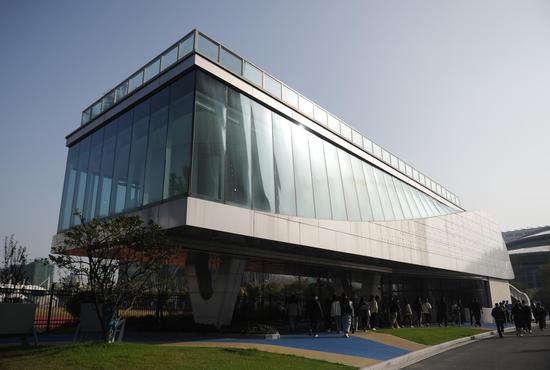

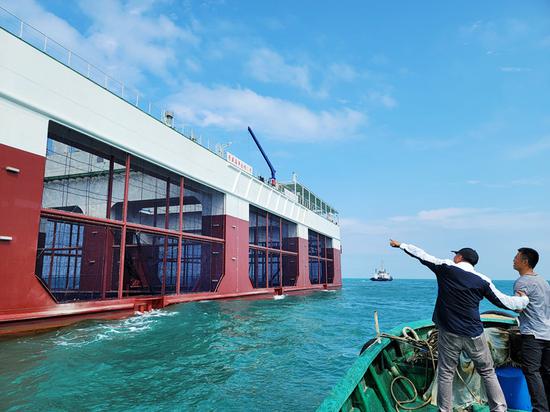





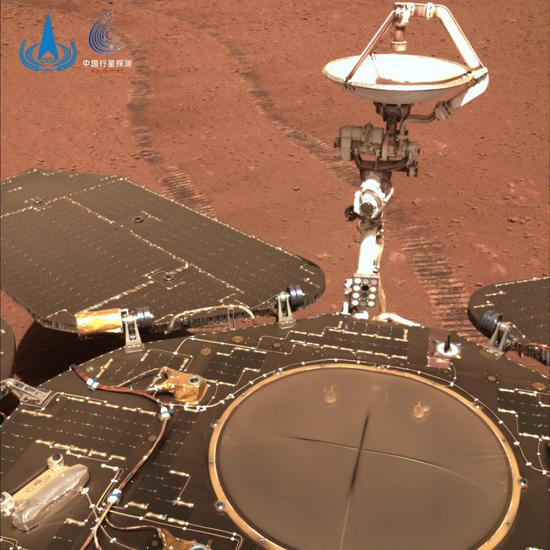
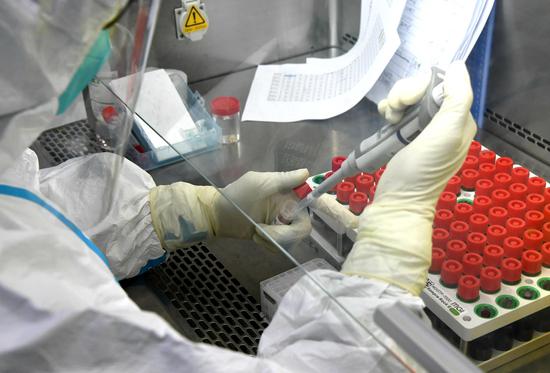






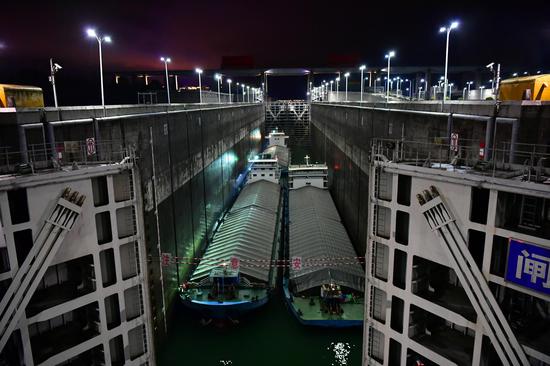


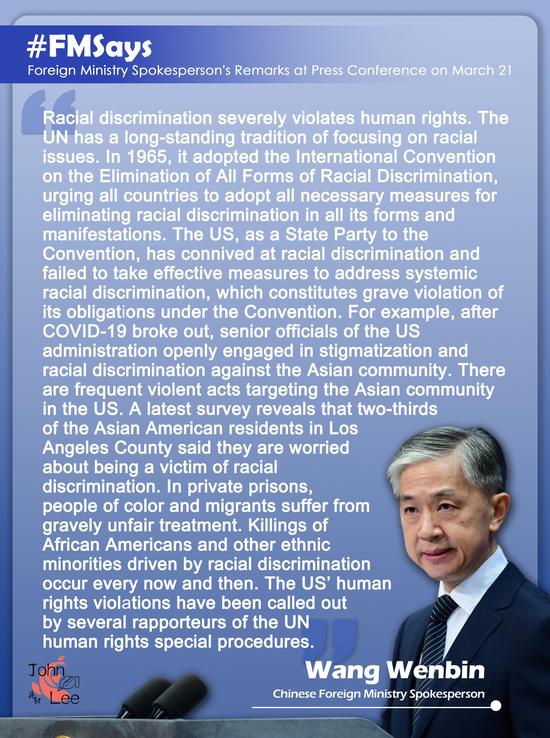













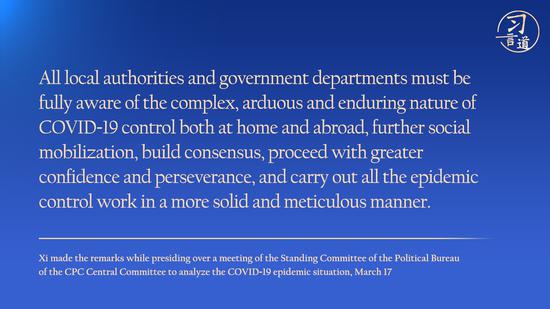
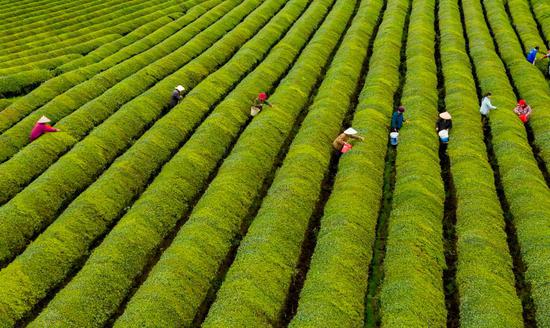





 京公网安备 11010202009201号
京公网安备 11010202009201号